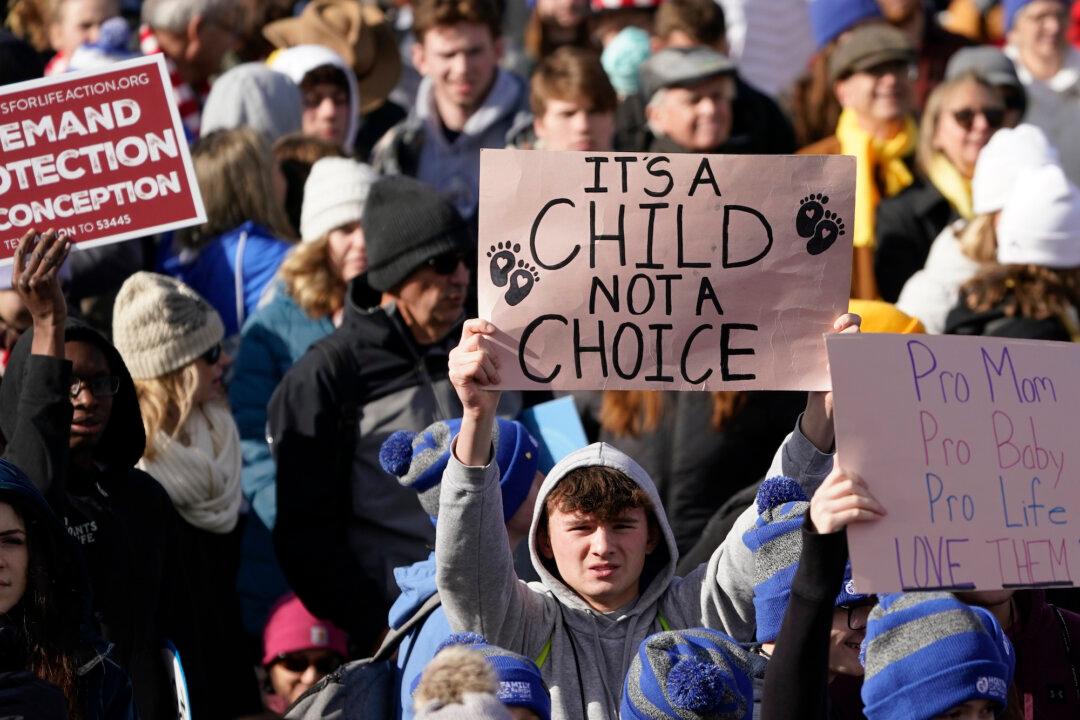March for Life participants who were ordered to cover or remove their pro-life attire during a Jan. 20 visit to the National Archives will receive a personal tour as part of a preliminary agreement the two parties reached in litigation.
News of the agreement comes after the National Archives and Records Administration (NARA) issued a formal apology for the incident on Feb. 10, noting that NARA policy “expressly allows all visitors to wear T-shirts, hats, buttons, etc. that display protest language, including religious and political speech.”





